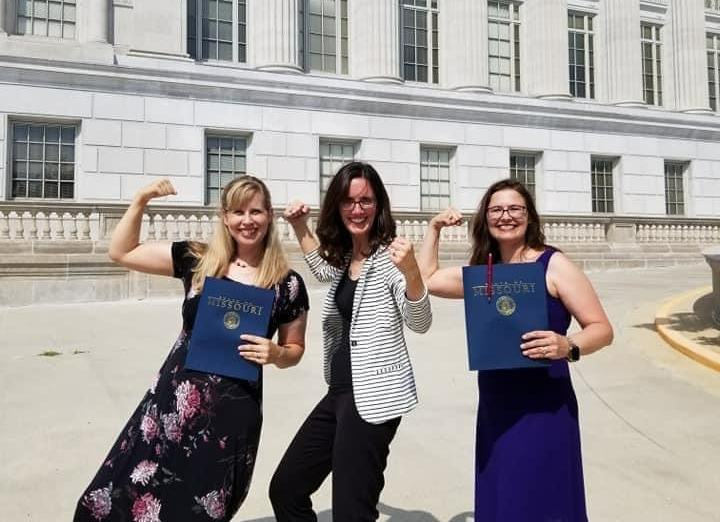Advocating for Disability Rights
Understanding Advocacy
Advocating for disability rights encompasses a range of actions, from grassroots initiatives to legislative lobbying. Engaging with policymakers, sharing personal stories, and participating in community events are all essential components of advocacy. By educating others and raising awareness, individuals can contribute to meaningful change in their communities.
Engagement Strategies
Contacting Legislators
Reach out to elected officials to address concerns and propose solutions. Providing data and examples from other states can help guide discussions and support your advocacy efforts.
Participating in Hearings
Attend legislative hearings to voice support for policies promoting disability rights and inclusive education. Testifying before committees and submitting written testimony can amplify your message and influence decision-making.
Engage with Local Communities
Get involved in local advocacy efforts by attending school board meetings, organizing community events, and collaborating with like-minded individuals and organizations. Building partnerships and fostering dialogue can lead to impactful change at the grassroots level.
Navigating the Legislative Process
Understanding the legislative process is crucial for effective advocacy. From bill filing to final passage, each step presents opportunities to engage with policymakers and shape legislation. By familiarizing yourself with legislative procedures and timelines, you can strategically advocate for policies that advance disability rights and support inclusive education.

Take Action
Advocacy is an ongoing process that requires persistence and dedication. Whether it's writing letters to legislators, mobilizing community members, or leveraging social media to raise awareness, every action contributes to the collective effort of advancing disability rights. By actively participating in advocacy campaigns and initiatives, individuals can make a meaningful impact on policies and practices that affect the lives of people with disabilities.
Conclusion
Advocacy is a collaborative endeavor that empowers individuals to create positive change in their communities. By leveraging various strategies and engaging with stakeholders at all levels, advocates can work towards a more inclusive and equitable society for people with disabilities.
Additional Resources
- Missouri House of Representatives Legislator Lookup: Link
- Missouri House and Senate Committee Listings: Link
- Sample Bill Text: House Bill 2011
